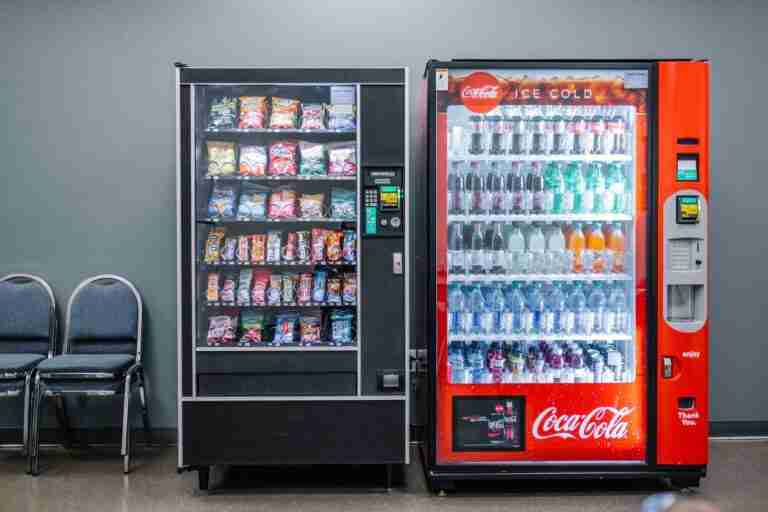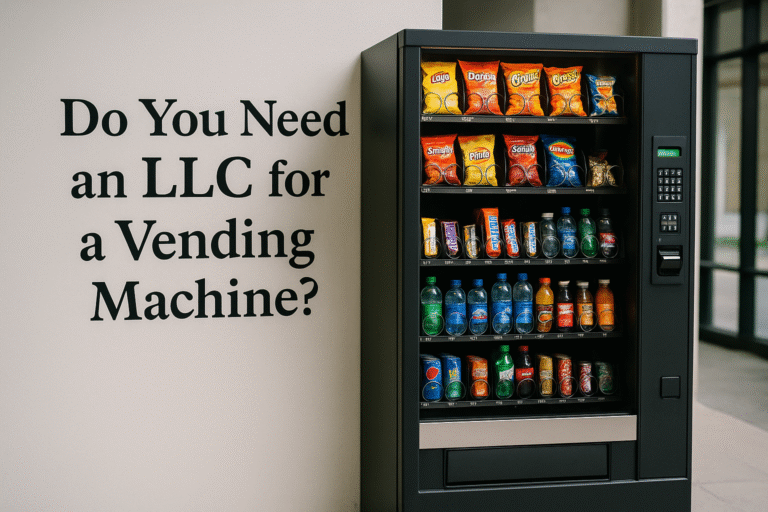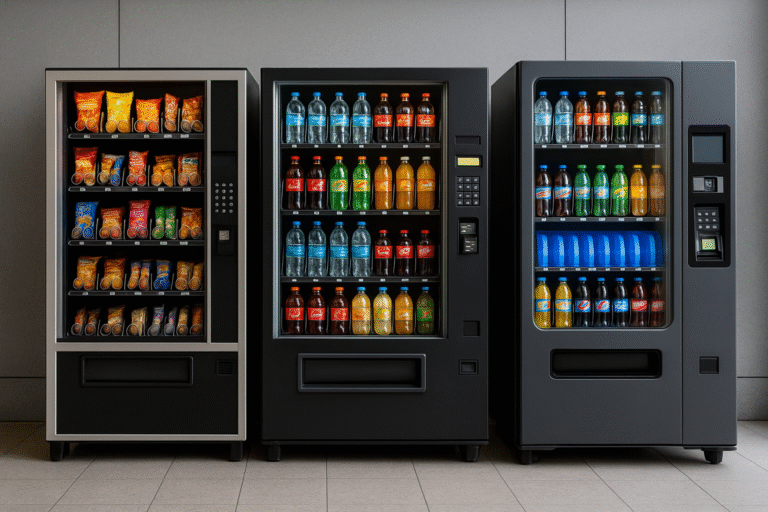¡Envío fijo a Puerto Rico: $1,200 en tu primera máquina y solo $375 por cada adicional! Envíanos un WhatsApp
The Rise of Vape Vending Machines: Benefits and Regulations
Introduction
Vape vending machines are becoming increasingly popular as the demand for convenient access to vaping products grows. These machines offer several benefits for both retailers and consumers but come with a unique set of regulatory challenges. This article explores the rise of vape vending machines, their advantages, and the regulatory landscape that shapes their deployment.
Benefits of Vape Vending Machines
Vape vending machines provide numerous advantages over traditional retail settings, making them an attractive option for both consumers and business owners.
For Retailers
From a retailer’s perspective, vape vending machines reduce labor costs and can operate 24/7, increasing sales opportunities beyond standard store hours. They require minimal oversight and can be placed in various high-traffic areas, expanding market reach. Additionally, these machines offer a secure way to handle inventory and sales, reducing the risk of theft and ensuring that age verification protocols are consistently followed.
For Consumers
For consumers, vape vending machines enhance convenience by providing immediate access to vaping products at any time of day. These machines often feature a variety of products, allowing customers to browse and purchase at their own pace without the need for interaction with store staff, which can be particularly appealing for those seeking privacy.
Regulatory Landscape
The deployment of vape vending machines must navigate a complex regulatory environment, designed to ensure public safety and compliance with laws regarding the sale of nicotine products.
Age Verification
One of the primary regulatory requirements for vape vending machines is robust age verification to prevent sales to minors. This typically involves the use of advanced technology such as ID scanners or digital verification systems that comply with government standards for tobacco and nicotine product sales.
Location Restrictions
Regulations often dictate where vape vending machines can be placed. Generally, they must be located in controlled environments where minors are not permitted, such as bars, nightclubs, or designated smoking areas. This limitation is critical to ensuring that vending machine access is restricted appropriately.
Product and Tax Compliance
Vape vending machines must also adhere to regulations concerning product safety and taxation. This includes ensuring that all products sold meet local health standards and that appropriate taxes are collected and reported. Non-compliance can result in significant fines and penalties, making compliance a top priority for operators.
Future Prospects
As regulations continue to evolve, the market for vape vending machines is expected to expand, with improvements in technology and regulatory compliance mechanisms driving broader adoption. For entrepreneurs and retailers, staying informed about changes in the regulatory landscape and investing in advanced systems for compliance will be key to capitalizing on this trend.
Conclusion
The rise of vape vending machines represents a significant development in the retail landscape, offering enhanced convenience and operational efficiency. However, success in this area depends on careful attention to regulatory compliance and a proactive approach to addressing the challenges associated with selling regulated products through automated systems. For those considering entering this market, understanding the benefits and regulations is essential for informed decision-making and strategic planning.




